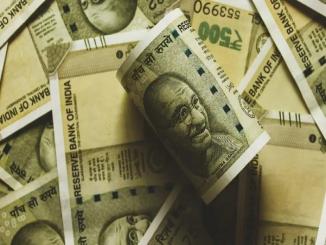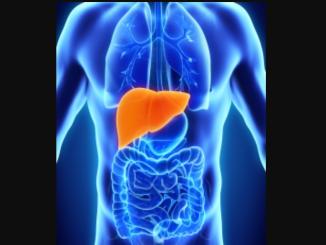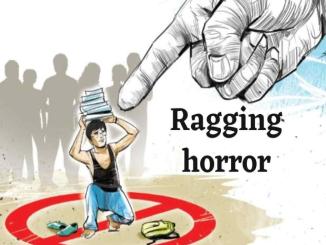
Heart Health: It is said that prevention is better than cure. Before any disease or failure of the human organs, the body gives necessary symptoms and if the human being is careful enough than he/she can easily detect the coming disease or sudden organ failure. Same wise the heart also gives signals, by which we can come to know the probable heart Attack that someone might get in the coming month.
Ayupp has collected the symptoms the Heart gives a month before a Heart Attack occurs
- Chest pain
There can be different causes of chest pain and a searies of chest pain can be a symptom to other Heart diseases. Men and women experience chest pain, however both differ in intensities and forms. The symptom in men refers to early signs of an impending heart attack that should not be ignored. On the other hand, Chest Pain affects only 30% of women. So do not try to ignore chest pain and "work (or play) through it." Chest pain is a warning to seek medical attention. Chest pain also lead to Heart Attack, aortic aneurysm dissection, myocarditis, esophageal apasm, esophagtis, rib injury or disease and many other disease.
- Description: Chest pain can lead to uncomfortable sensations in one or both arms, it is more in the left one quite often, the lower jaw, shoulders, neck, or stomach. It may have a permanent or temporary showings.
- Excessive perspiration (the process of sweating)
Unexpected or too much sweating is an early warning sign of a probable heart attack. The sweating can occur at any point of the day or night. This perspiration symptom affects women more often and is usually confused with a sudden feeling of feverish heat, typically as a symptom of the menopause.
- Fatigue
Unusual fatigue is one of the main symptoms that indicates an about to happen heart attack. Women are more prone to have this type of symptom than men.
Fatigue is a subjective feeling of tiredness which is distinct from weakness, and has a gradual onset. Unlike weakness, fatigue can be alleviated by periods of rest. Fatigue can have physical or mental causes.
Physical or mental work activity is not the reason for the fatigue, and as this increases by the end of the day. This symptom is quite visible and be easily found out: sometimes it’s really tiring to perform simple tasks, such as making a bed or taking a shower.
- Abdominal pain
Abdominal pain is pain that someone feels anywhere between the chest and groin. This is often referred to as the stomach region or belly.
Abdominal pains can be empty/full stomach nausea, an upset stomach are some of the most common symptoms. They are same in both women and men.
- Description: Abdominal pains before a heart attack have series of different and returning pain for short periods of time.
- Shortness of breath
Breathlessness, is a strong feeling of being unable to draw a deep breath. This evenly occurs among both men and women for up to 6 months before having a heart attack. It is a warning sign of a medical condition.
- Insomnia
Insomnia (habitual sleeplessness; inability to sleep) is also associated with an increased risk of a heart attack or stroke. This is common among women. Insomnia often include a high level of anxiety and absentmindedness as well.
- Hair loss
Hair Loss is just another visible indicator of the risk of heart disease. It affects mostly to men over 50, however some women may also be in the risk group. Description: Pay close attention to losing hair from the crown of your head.
- Irregular heartbeat
Every heart beats in a regular rhythm and rate. For a adult it is between 50 to 100 beats per minute. Children have naturally higher normal heart rates than adults.
When the heart beats too fast, too slow, or with a skipping (irregular) rhythm, a person is said to have an arrhythmia. A change in the heart's rhythm may feel like an extra-strong heartbeat (palpitation) or a fluttering in your chest. Premature ventricular contractions (PVCs) often cause this feeling.
This is accompanied by a panic attack and anxiety, especially among women. This appears unexpectedly and reveals itself differently: Physical exercises may give an extra stimulus to the increase of heart rate, especially in cases with atherosclerosis disease.
- Irregular heartbeat lasts for about 1-2 minutes. If it doesn’t fade, you might feel dizziness and extreme fatigue.
Common Risk factors for Heart Diseases
The most common risk factors of heart ailments include obesity, lack of physical exercise, and smoking.



























